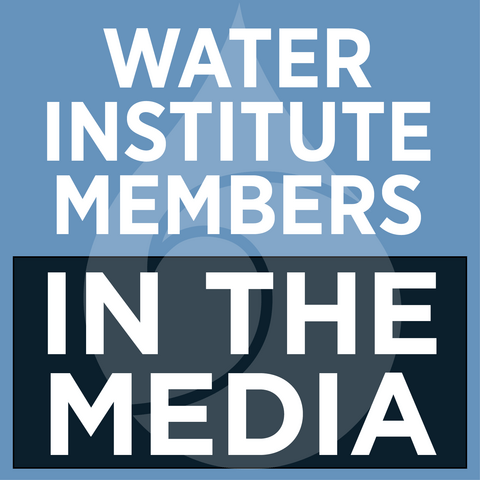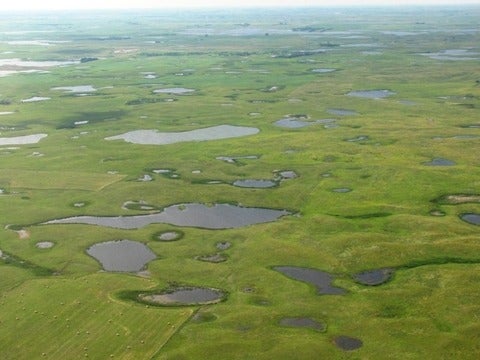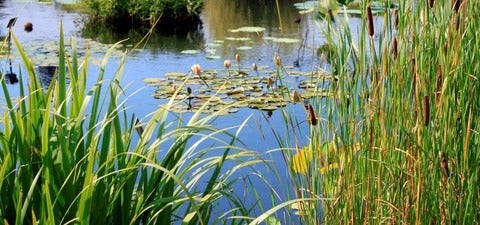Water Institute researcher talks to CBC news about Syncrude's reclamation experiment
Half a decade ago, Syncrude had no idea whether a frozen slice of wetland, revealing centuries-old layers of peat and soil, would thrive after being transplanted to a former oilsands mine in order to regrow.
Water Institute researcher, Jonathan Price, professor in the Department of Geography and Environmental Management, comments:






